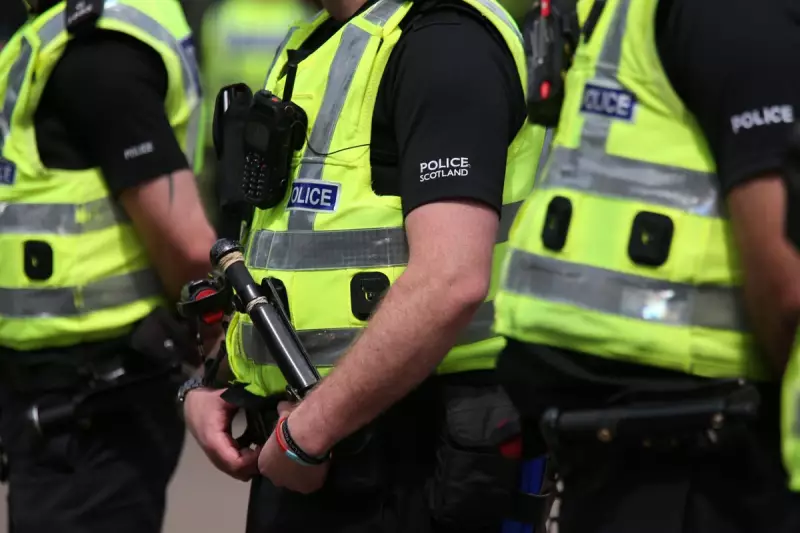
The year was 1987. In a daring nocturnal operation, three young activists infiltrated the confines of the Huntingdon Life Sciences (HLS) laboratory in Cambridgeshire. Their mission: to document and expose the conditions inside one of Europe's largest animal testing facilities. This single act would catapult them into a legal and political firestorm, branding them as the 'Aberdeen Three' and putting them on trial under the UK's previously untested Prevention of Terrorism Act.
A Raid That Shook The Establishment
John Ross, Gillian Phillips, and Andrew Clarke were not seasoned criminals; they were passionate animal rights advocates associated with the Animal Liberation Front (ALF). Their removal of documents and several animals from the HLS lab was intended to be an act of whistleblowing. Instead, the authorities treated it as an act of terrorism.
The government's decision to invoke the Prevention of Terrorism Act sent shockwaves across the country. For the first time, citizens involved in domestic civil disobedience were being prosecuted under legislation specifically designed for paramilitary groups and violent political extremists.
The Landmark Trial and Public Outcry
The trial became a focal point for national debate. Critics lambasted the move as a gross overreach and a dangerous politicization of anti-terrorism laws. The defendants and their supporters argued they were motivated by a moral imperative to prevent cruelty, not by a desire to incite fear or violence.
Despite the controversy, the trio was found guilty. However, the court seemingly acknowledged the unusual nature of the charges, sentencing them to 18 months in prison—a term considered lenient by many legal observers given the severity of the legislation used to convict them.
The Enduring Legacy of the Aberdeen Three
The case of the Aberdeen Three left an indelible mark on British law and activism:
- Legal Precedent: It set a controversial precedent for using anti-terrorism laws against protest and direct action movements.
- Activist Mobilisation: It galvanised the animal rights movement, transforming the three into symbols of resistance and bringing unprecedented scrutiny to companies like HLS.
- Ongoing Debate: Decades later, their case remains a critical reference point in discussions about the boundaries of legitimate protest, state power, and the very definition of terrorism in the modern world.
The story of the Aberdeen Three is more than a historical footnote; it is a powerful chapter in the ongoing struggle between activism and authority, raising questions about proportionality and justice that are just as relevant today.





